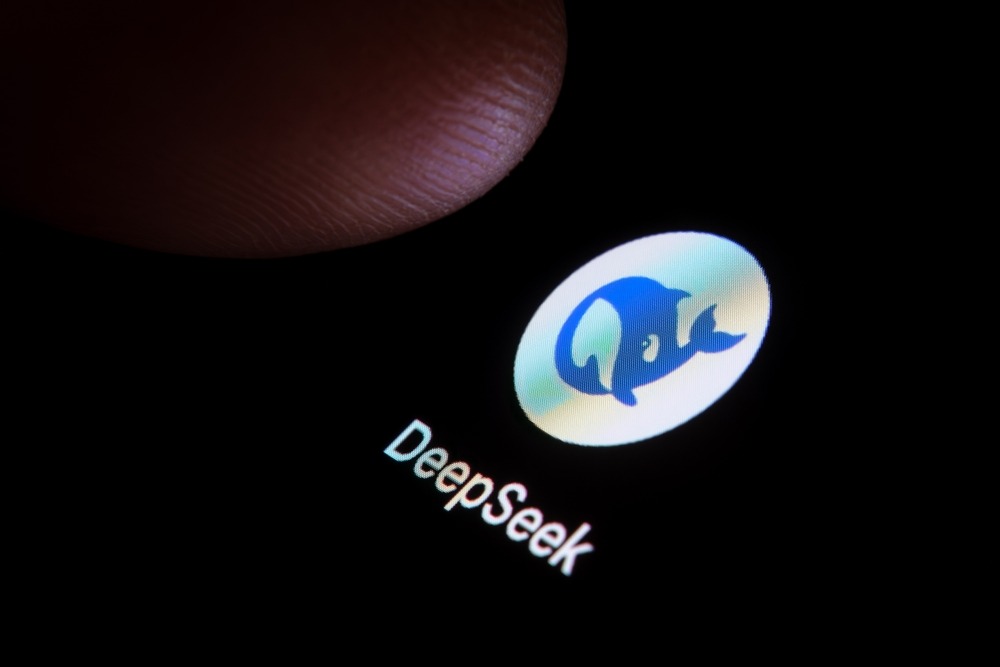Growing Risks Posed by DeepSeek Malware Scams

Beware of Malicious Downloads: The DeepSeek Scams
Cybersecurity experts at McAfee Labs recently issued a warning about an alarming trend in online scams targeting users interested in downloading the new AI tool, DeepSeek. These scams involve fake websites that promise the legitimate software but instead trick users into installing harmful malware. Let’s delve deeper into these deceptive practices and how to safeguard yourself.
Understanding the Threat
Fake Software Installers
Fraudulent websites are creating a buzz around DeepSeek, an AI model from China known for its cost efficiency and compatibility with lower-end hardware compared to ChatGPT. However, the growing interest in this tool has led to a rise in scams. Cybercriminals promote fake downloads with names like DeepSeek-R1.Leaked.Version.exe and DeepSeek-VL2.Developer.Edition.exe. Instead of delivering the actual software, these files serve malicious purposes.
How the Malware Works
Once these harmful files are downloaded, they establish a connection to remote servers controlled by cybercriminals. Users may unknowingly become hosts to various types of malware, including:
- Keyloggers: These can record every keystroke, stealing sensitive information such as passwords, credit card numbers, and private messages.
- Password Stealers: Software that specifically targets saved passwords and other personal data, further compromising a user’s security.
- Coin Miners: This type of malware uses a victim’s computer resources to mine cryptocurrencies, which significantly slows down the machine while enriching the attackers.
Sophisticated Scamming Techniques
Deceptive Practices
Fraudulent websites are becoming increasingly clever in their approaches. To create an illusion of credibility, they often deploy:
- Fake CAPTCHA Puzzles: These are designed to convince users that the download is secure and legitimate.
- Malicious Commands: Scammers may instruct users to enter commands in the Windows Run dialog. This can disable antivirus programs, leaving the system vulnerable to malware installation.
Protecting Yourself from Scams
Verify Before Downloading
To avoid falling victim to these malicious downloads, follow these practical tips:
Stick to Official Sources: Always download software from the official website or trusted platforms. This reduces the risk of downloading harmful files.
Check URLs Carefully: Look out for suspicious links or websites that don’t match the official branding of the software.
Use Antivirus Software: Keep your antivirus software updated and running. This can help catch potential threats before they can do any harm.
Educate Yourself on Phishing Techniques: Being aware of common scamming methods can help you recognize them when you encounter them.
- Consult Reviews and Community Feedback: Before downloading any new software, check user reviews and forums for feedback about its reliability and safety.
Conclusion
The rise in scams related to DeepSeek underscores the need for vigilance in the digital world. By being aware of the tactics scammers are using, you can take necessary precautions to protect your personal information and devices from malicious software. Always prioritize safety over expedience when exploring new technology.





